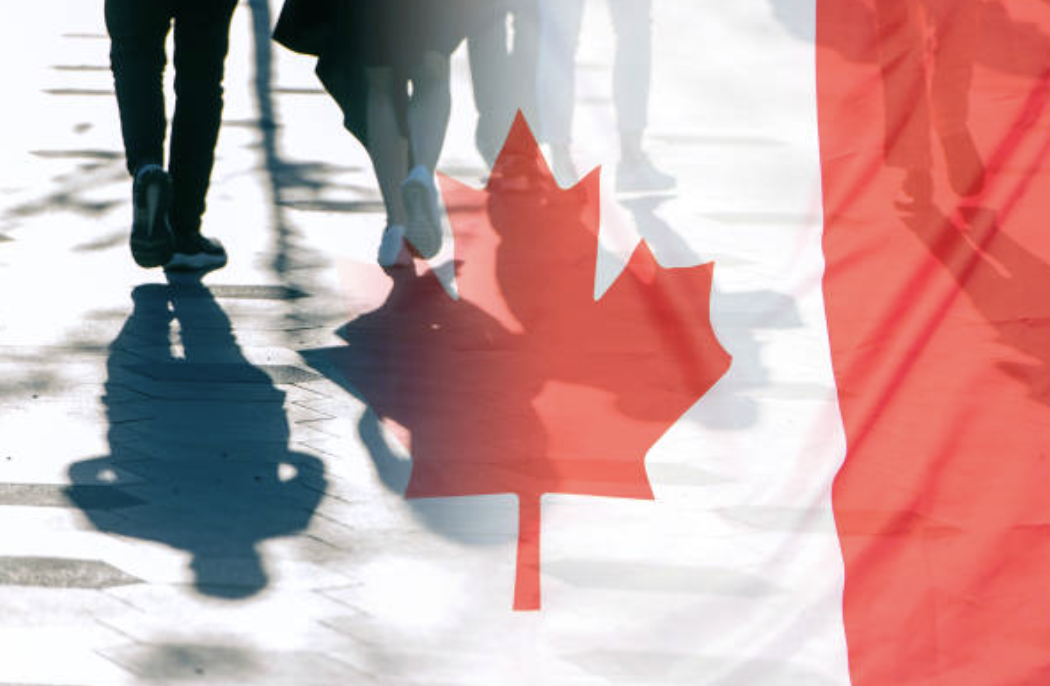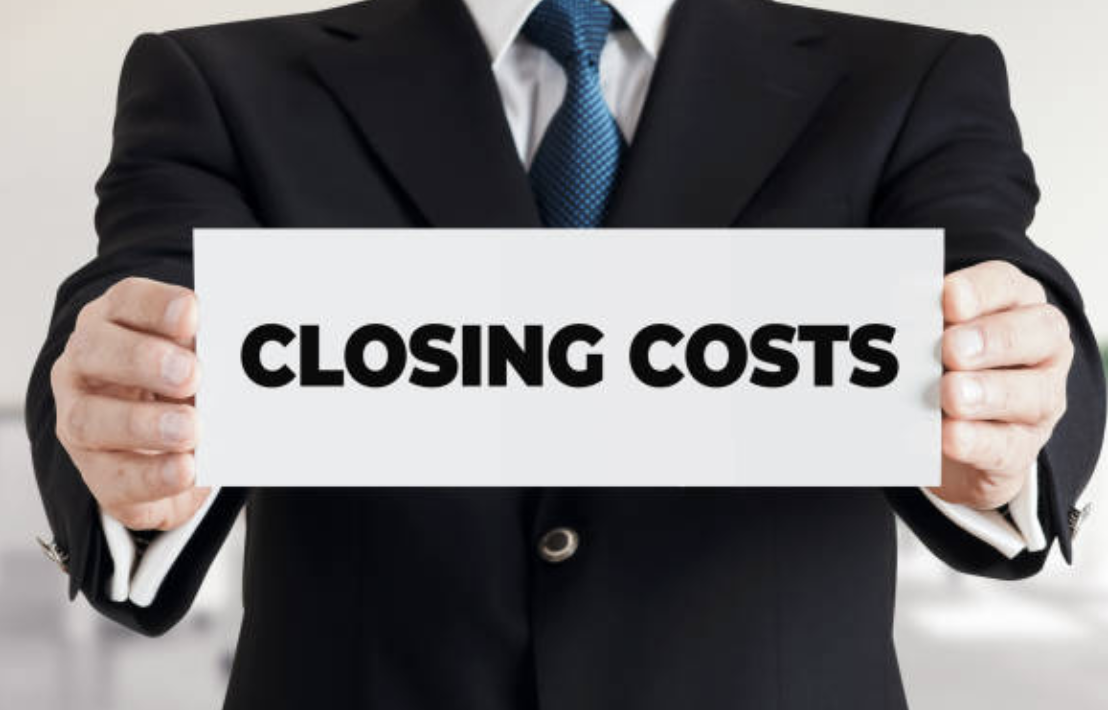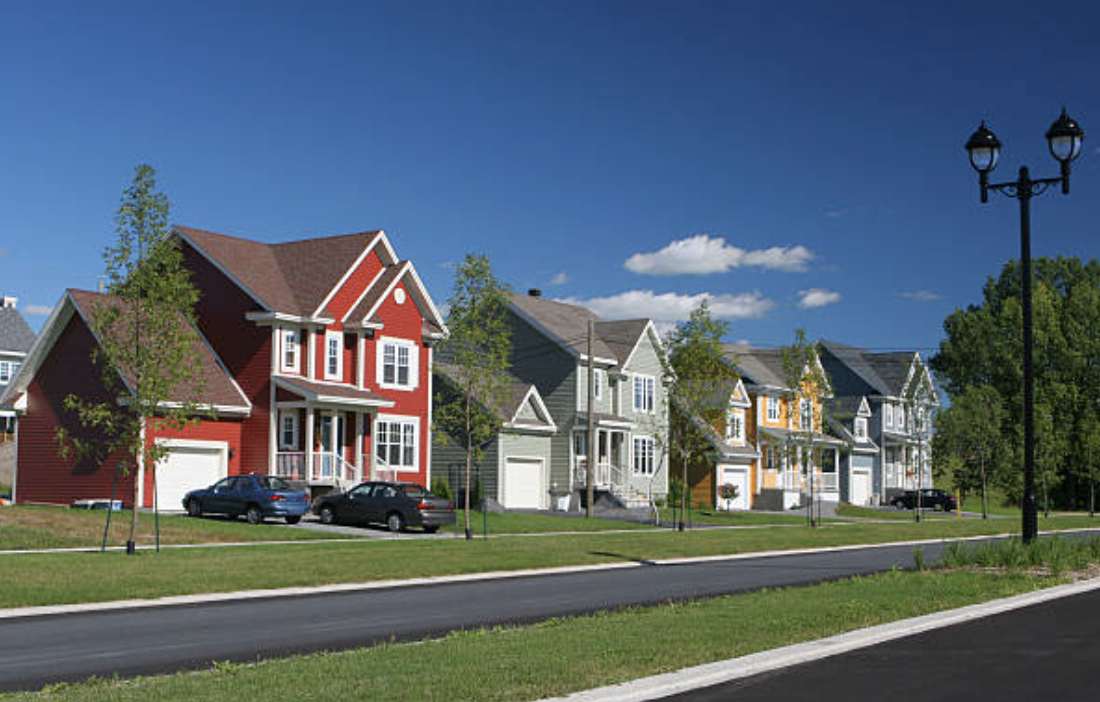Canada is a great place for those who want to live for the long term. In addition, the country has relatively few restrictions for expats than any other country. Are you an American planning to buy real estate in Canada? Let us see what are the steps involved.
Parties Involved in the Home Buying Process
To get a Canadian property, you have to connect with the following professionals:
1. Licensed Real Estate Agent
Generally, there are two real estate agents in every real estate market, one on the seller’s side and another on the buyer’s.
2. Real Estate Lawyer
In Canada, both the buyers as well as sellers get their personal lawyers while buying property. Such lawyers are in charge of all settlement arrangements.
3. Home Inspector
You need to conduct a complete examination with the help of a home inspector of the residential property to identify any architectural or mechanical problems.
4. Lender
If not an all-cash transaction, you have to go to a Canadian bank to get a credit.
5. Insurance Broker
Getting insurance can be more difficult for a non-resident if they don’t live on the property. Here a broker can help you.
Different Ways for Property Search
Non residents have various options when it comes to their property search. The best of them are:
- Internet: This is the best option; research what area you are searching for.
- Automatic Search Suggestions through Email: This is the most effective method of property search. A qualified realtor can conduct a search for you based on your preferences and needs, and new properties that meet those criteria will be forwarded to you every day.
- In-Person: This is unquestionably the greatest way to look for properties.
- Via Video: Most non-residents request video tours of homes they are considering.
Key Things to Remember
- While owning real estate in Canada will not affect your prospects of moving to Canada, your property ownership will be counted as part of your total net worth, which is a benefit.
- Non-resident taxpayers who pay non-resident speculation tax, may be eligible for a refund if they reside, operate, or learn in the area or become permanent residents.
- Some banks may limit the number of properties that any individual can finance. Some lenders would only lend money to people who want to buy up to five homes.
The Ultimate Process to Buy an Investment Property in Canada
You have to complete certain steps being a non resident buying property in Canada. Those are:
- Begin your property search with the help of a local agent. A realtor can assist you in finding the ideal property. Once the estate has been sold, the seller pays the realtor’s charges.
- Be eligible for a bank loan. This allows you to determine how far you can pay, which helps you cut down your options.
- Once you choose your home, the realtor will prepare the contract and purchase papers.
- After you sign the deal, the seller is also obligated to sign it. Because the requirements must be accepted before the funds can be transferred, the contract must contain a land title inquiry and a home inspection.
Everything About Financing
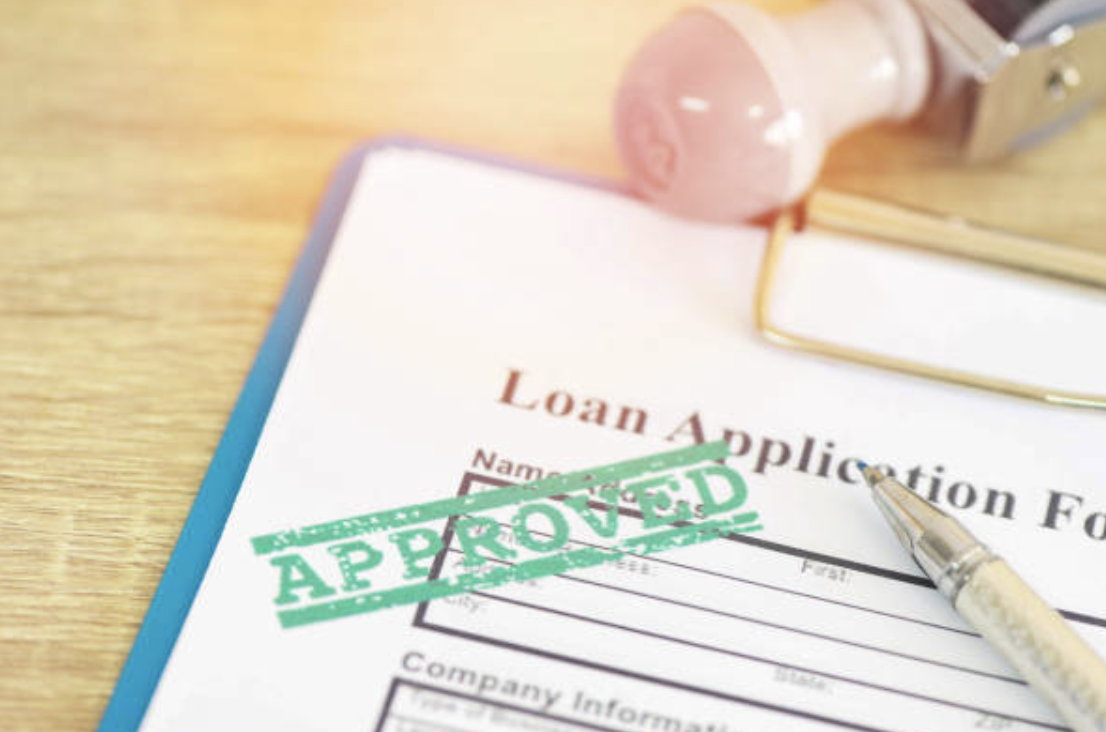
Most non-residents will need to make a down payment of 35 percent if they go to a Canadian bank for their loan. This indicates that you must pay a percentage of the property prices in cash, with a limit of 65 percent of the cost being financed.
So, citizens can acquire a loan with a down payment of as less as 5 percent of the purchase price.
Such deposit climbs to 20 percent for investment properties plus to valued beyond 1 million dollars. However, each bank has its own set of restrictions, and some Canadian banks may have tighter regulations than others.
Besides the amount, foreign buyers have to take care of certain things to fulfill mortgage eligibility criteria. You must have the following things.
Mortgage Eligibility Criteria for Foreign Buyers
- A bank reference letter
- A Canadian credit check
- An employment letter verifying earnings in Canadian or U.S. dollars
- Bank statements of 3 months.
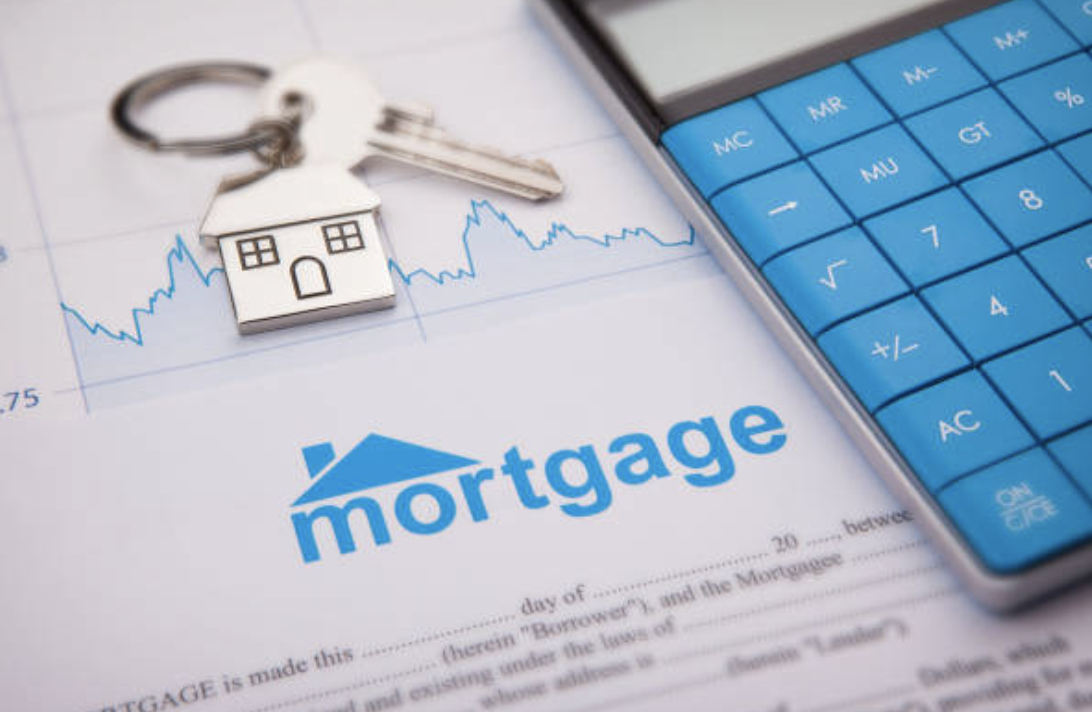
Those who do not meet the qualifying requirements may be able to borrow money from creditors who demand higher interest rates.
Do you earn rental income? Then, you can show it in your Canadian bank account, but it must be from Canadian properties. Moreover, you have to finance 25 percent of your rental income.
The majority of the Canadian banks will want your initial deposit to be completed at least 30 days before the property purchase. Banks can go back 90 days to determine where the down payment came from.
A non-resident must make a payment within 24 hours of making an offer on a property in Canada. When you start your home search, you need to create a Canadian bank account and store the deposit sum. And, when it’s time to reimburse the security, you can use a certified check or perhaps a wire transfer.
Closing Costs
You have to cover some closing charges while obtaining financing from a bank. Such costs are applicable for a non resident as well as a Canadian citizen.
Closing Costs Before Buying Property in Canada:
- Deposit: It is 5 percent of the purchase price.
- Property Appraisal: This is normally covered by the buyer’s creditor if you are funding the transaction.
- Home inspection: It is payable to the home inspector.
Closing Costs on Owning Property in Canada:
- Balance of the purchase price: Every property buyer has to make a payment of the remaining purchase price. Usually, your bank provides this amount, which is added to your mortgage payments.
- Legal fees: This is based on the purchase price of your home and the attorney(s) you engage with.
- Provincial Sales Tax: It is a part of the legal fees.
- Ontario Land Transfer Tax: The original property price will determine this rate.
- Toronto Land Transfer Tax: The price of the property will determine the cost you pay.
- Title Insurance: It is also often a portion of the legal fees.
- Mortgage broker commission: If relevant, the lender is normally responsible for this.
- Lender Property Survey: This might cost anything from $1,200 to $2,200.
- Harmonized Sales Tax: This tax is normally only applied when purchasing new construction apartments or townhouses. It is rarely applied when purchasing an existing residence.
- Property Tax adjustment: This compensates the seller(s) for all property taxes they could have spent after the closing date.
- Tarion Warranty Fees: This guarantee charge applies to new construction units and homes purchased directly from the developer.
- Adjustments for Condominium Fees/Utilities, etc.: You will be responsible for refunding the vendor for prepaid bills, condo fees, and other expenses.
The government offers first-time buyer schemes plus land tax discounts, although these are solely accessible to residents. If you don’t need a loan, you can buy a house by paying your lawyer 100% in cash prior to the closure.
What Comprises the Legal Matters?
Non residents can purchase real estate assets in Canada prior to their visit. However, most banks will require you to be onsite while creating a bank account. To qualify for a Canadian loan, you must have a bank account in the country.
You don’t even have to register any documentation in person because you can snap and mail the notarized forms back. You can now legally use electronic signatures in Ontario. So, you can verify the legal documents on a smart device if you’re buying property in the province.
Types of Taxes
When foreigners buy property in Canada, they have to pay taxes. Plus, you may have to pay higher taxes than the Canadian citizens. Three of the main taxes that you may pay when you buy property in Canada are:
1. Land Transfer Taxes
These are a one-time fee paid to the state when you take the property’s title. You’ll incur an additional land transfer tax when you purchase in Toronto.
2. Municipal Property Taxes
The city assesses Municipal Home Taxes each year. However, real estate investors of 1 million dollar estates in Toronto would pay roughly 6,800 dollars in taxes.
3. Capital Gain Taxes
When you trade, non-residents have to pay taxes on any revenue or profits generated from the sale of a deductible Canadian property, such as a house, vacation properties, etc. When a non-Canadian resident sells a property, the purchaser must retain and return a part of the purchase cost to the Canada Revenue Agency (CRA). This figure is typically 25 percent of the gross selling price.
Tax Implications for Americans
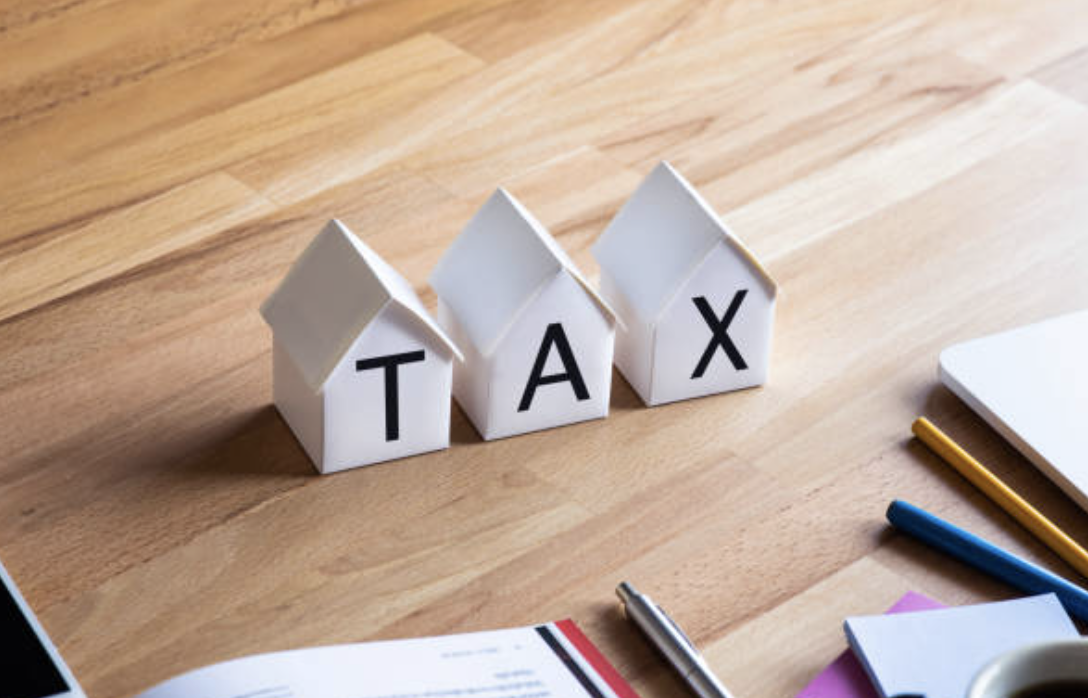
This means you’ll be able to exclude mortgage interest, real estate taxes, and a few other expenses from your tax returns, similar to the United States.
Nevertheless, you must have a base of income in the United States or non-excluded overseas earned income to avail eligibility for these deductions.
As a foreign proprietor, you must submit an NR6, including the CRA, to collect a Canadian Tax return from your rental property.
If you choose to trade your primary property outside of the United States:
In this case, you will be able to take advantage of the same capital gains tax exemption as if you were marketing your home in the United States. The following factors determine whether you are eligible to gain from the Capital Gains Tax alienation:
If you are a U.S. citizen who possesses a Canadian real estate asset that is also your primary home:
In this case, you will be able to deduct the first 250,00 dollars in capital gains. This will happen only if you utilized the unit as your main home for two of the previous five years before selling it.
- If you and your partner are residents of the United States and lodge your taxes as married filing jointly, you are equally eligible for this deduction. Plus, you can deduct up to 500,000 dollars in CGT.
- If your partner is a co-owner of this asset yet is not a U.S. resident or green card bearer, plus you are not reporting U.S. taxes as MFI, your spouse’s share of the CGT on the transfer of this asset will not be taxable in the United States. The amount of money you’ll be able to keep will be 250,000 dollars.
However, it is important to note that any tax exemptions or benefits you enjoy under U.S. tax rules do not relieve you of your responsibility to pay duties in your home country.
Although if you cannot deduct the gains from your U.S. taxes, you may probably pay taxes or the profits on the foreign property. You may also have to pay duties on the trade of your asset in both your home country and the United States. You may be eligible to receive a foreign tax credit and use it for your U.S. obligations in this circumstance.
Residency & Citizenship
While anyone can buy a home in Canada, owning one does not provide you with permanent residency or immigration status. If you wish to move to Canada or be a permanent resident, you have to follow a precise procedure like in the United States.
Did you enjoy this article? See Precondo’s homepage for more information on properties for sale, rent and pre-construction properties.


